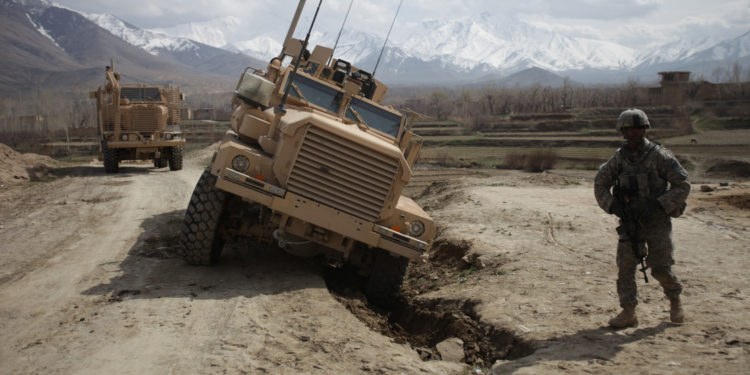Afghanistan on Thursday that will be crucial for the future reputation of the court.
A Pre-Trial Chamber (PTC) of the ICC declined in April 2019 to permit the opening of an investigation into the situation in Afghanistan “in the interests of justice”. Prosecutor Fatou Bensouda appealed that decision; her appeal was supported by lawyers representing thousands of victims.
The PTC judges held that the chances of success in the Afghanistan investigation would be scarce because the United States of America would not cooperate.
That fed the old cliché of “the European court for Africa” again, that had been used by African critics of the ICC for years. The court had been rejecting that cliché, saying it is impartial when it has jurisdiction. But in April 2019 ICC judges were seen to shy away from an investigation when white men could end up in the dock for the first time.
Critics of the PTC decision said that international criminal justice needs patience and perseverance. General Ratko Mladić, the military commander responsible for the only genocide in Europe after World War II, ended up in the dock of the ICTY only after almost 16 years on the UN Yugoslav tribunal’s wanted list.
Darfuri war crimes victims may finally feel the satisfaction of seeing former Sudanese president Omar al-Bashir having to appear before ICC judges – the first arrest warrant against the then strongman in Khartoum was issued in March 2009.
Legal experts argue that the PTC applied a wrong legal test. The Rome Statute says that judges can quash a decision by the Prosecutor NOT to investigate in the interests of justice. But in the Afghanistan situation it is the other way round. This consideration may be the best chance for Bensouda to win on Thursday.







